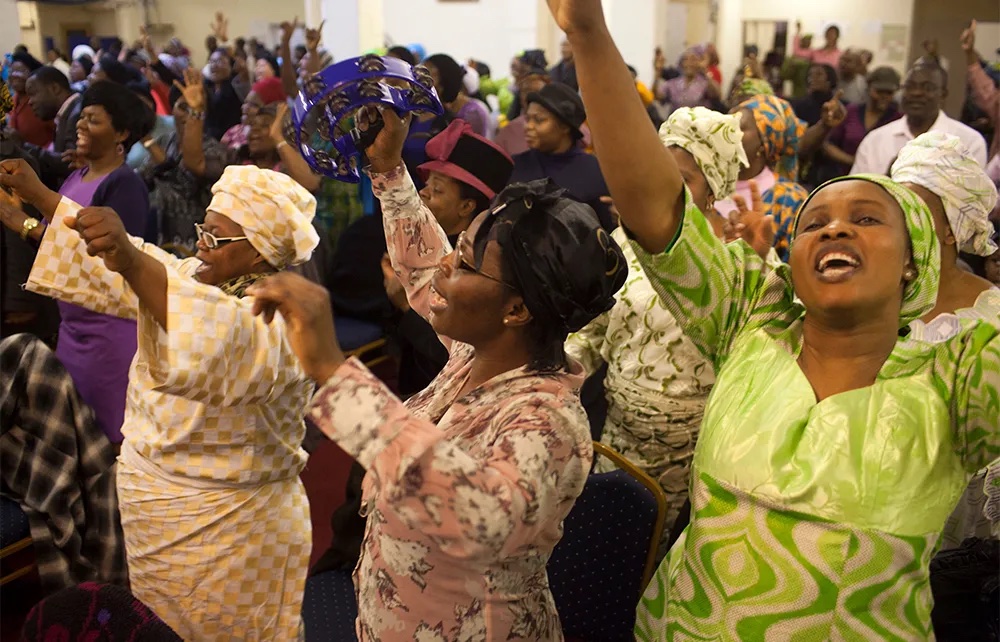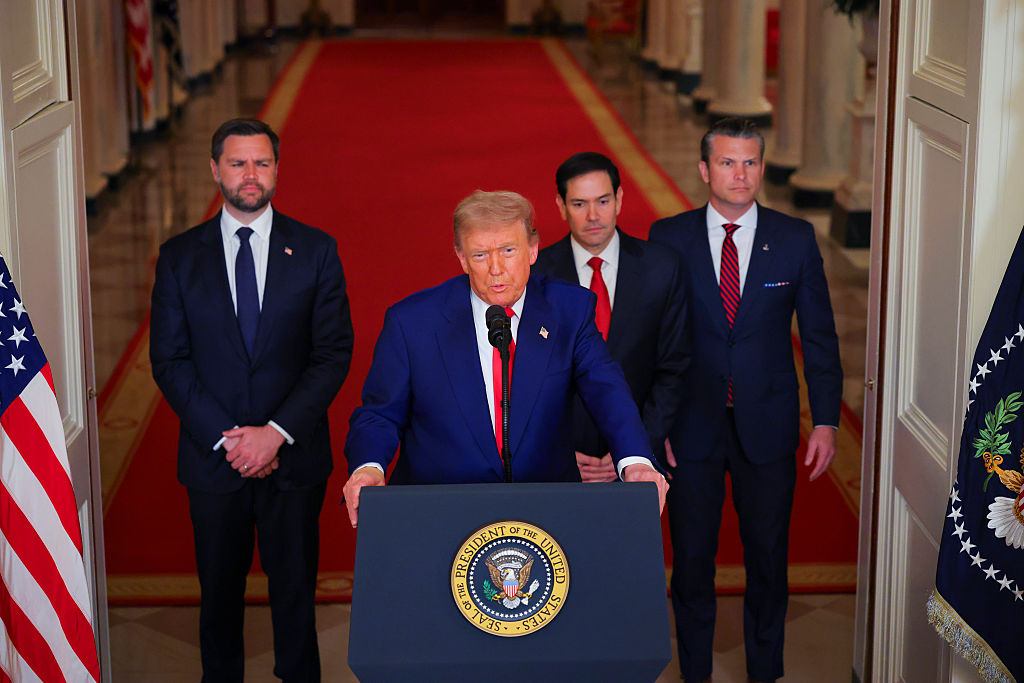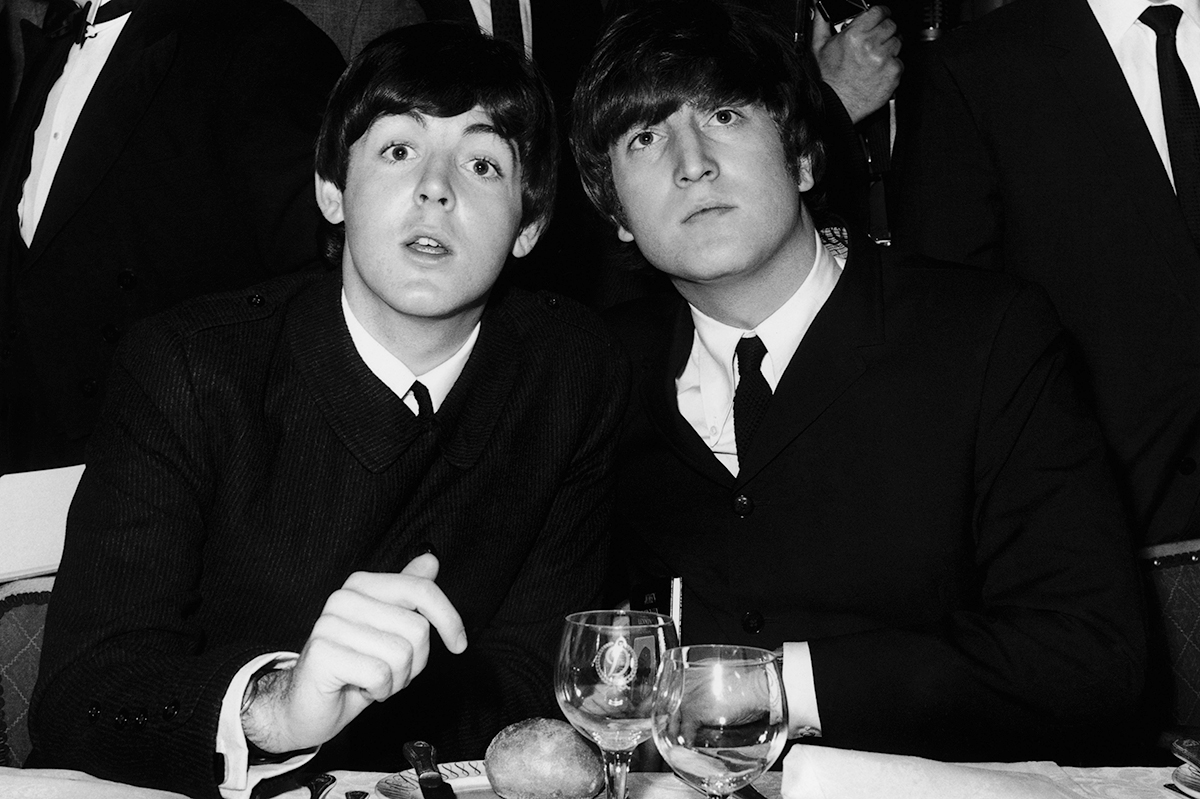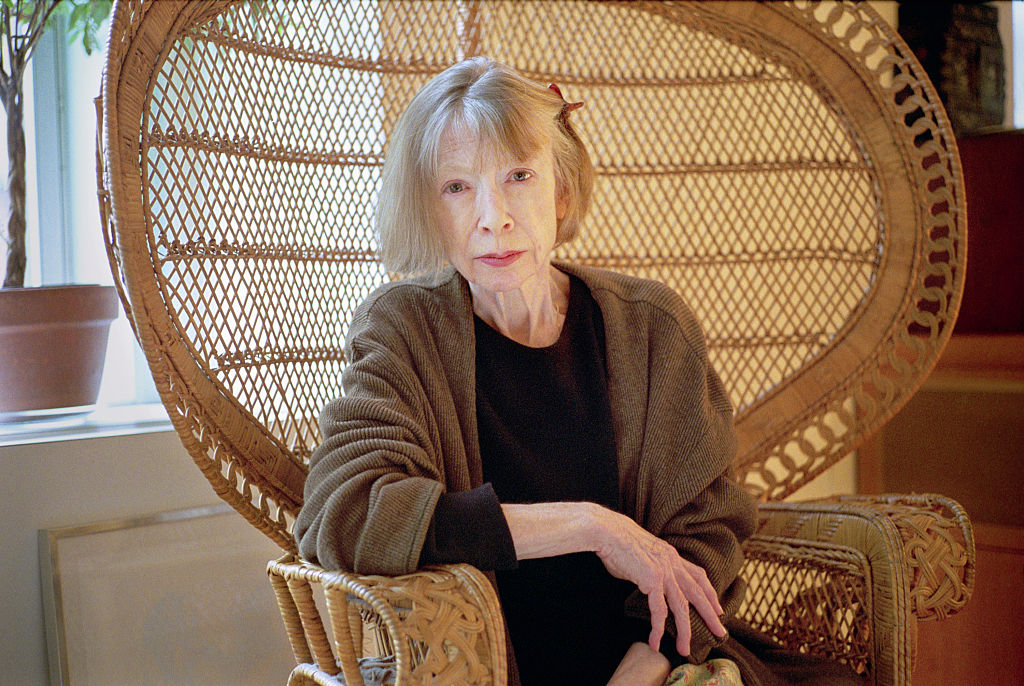George Orwell began his beautiful, nostalgic pre-war novel Coming up for Air with an epigraph from a popular song. “He’s dead, but he won’t lie down.” It’s tempting to borrow the line when writing about Christianity in the West today. The chronicle of its death has been long foretold, its obituary repeatedly rewritten. Numbers, particularly in older denominations, have been heading south for decades, and churches (in Britain at least) have been shutting ever since over-enthusiastic Victorians opened far too many of them.
Yet at the same time immigration is revivifying congregations everywhere. Many people show signs of spiritual openness, few speaking well of the kind of bare-knuckle rationalism that characterized New Atheism. And a cacophony of prominent, if very different, voices — Jordan Peterson, Nick Cave, Ayaan Hirsi Ali, Russell Brand, Elon Musk, Louise Perry, Paul Kingsnorth, Tom Holland, even Richard Dawkins — have been saying positive things about the faith. Whether it is for its psychological, spiritual, social, personal, historical or just cultural contributions, a lot of sometimes unusual suspects have a good word for Christianity.
What is happening, and does any of it matter? Rupert Shortt — who as religion editor of the TLS for twenty years has written a dozen or so books on Christian thought and practice — is exceptionally well-placed to discuss this conundrum, having read, met, spoken to, or written biographies about most people working in the field. He knows an awful lot and has poured it into The Eclipse of Christianity. His erudition shines out and is the basis of the book’s many strengths, as well as its main weakness.
It has three parts. The first, “Faltering Faith,” examines “principles,” drawing the reader’s attention to the reasons for the contemporary loss of faith, to the fundamental credibility of Christian ideas and to the way in which Christian thought has shaped our contemporary landscape through its commitment to universalism, human dignity, equality, peace and the like. The second, “Earthen Vessels,” looks at the faith in practice, with chapters on the global persecution of Christians (and the broad indifference to it among the chattering classes), the Roman Catholic Church, the Church of England, and the remarkable rise of Pentecostalism. The final section, “Cultural Fabric,” opens up the focus, and, despite being the shortest, covers education, AI, medical ethics, healthcare, conscience, diversity, bien pensant hypocrisy when it comes to Christianity, the poverty of media engagement with the religion, and, in a short final chapter, what the Church can do to reverse “spiritual climate change.”
Shortt is thoughtful and reasonable throughout. His tone is moderate and gentle, giving ground to critics where he thinks it is merited and resisting attempts to bite back, even when confronted with some of the more dunderheaded anti-religious prejudices, such as the Midlands school that runs a debate on whether you should believe in religion or science. He knows and quotes from some of the best contemporary minds on the topic — Rowan Williams is a presence throughout — and also from pastors, teachers and those with earthier experience of Christian life. The book is one of the best, most informed and widest ranging overviews of contemporary Christianity today that you are likely to read.
But that is also its weakness. Its title leads the reader to expect a focused examination of what we risk losing if Christianity fades from the West; a book that concentrates on, say, evaporating social capital, rising mental health problems or the erosion of protection of conscience. The Eclipse of Christianity does indeed touch on these, but it also ranges across the world (where the religion is most definitely not being eclipsed) and ventures into topics such as the persecution of believers or the defense of doctrine that don’t easily fit into this overall theme.
It is not that Shortt doesn’t have an answer to his presenting question. On the very last page — spoiler alert — he writes that the Church “is the sturdiest vessel for the preservation of values without which civilization will wither.” Cumulatively, he makes a good case for this conclusion. But the reader does come away with the impression that the book has been an opportunity for the author to dwell on, and in some cases return to, topics that he thinks relevant and important.
Ultimately, it doesn’t matter. Shortt writes with honesty, intelligence and generosity, and even the most seasoned observer of the divine in public life will find something fresh and interesting in his pages. They may not come away with a clear or succinct answer as to why Christianity is being eclipsed, if indeed it is, or why that might be a problem for us. But they have a better understanding of the faith and of why, in spite of everything, it just won’t lie down.


























Leave a Reply